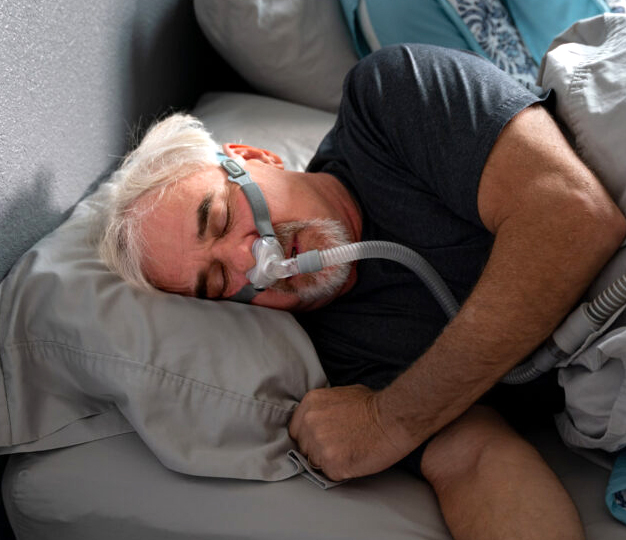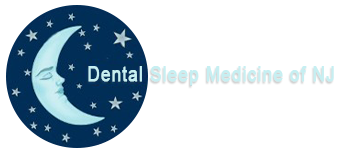
Combined Therapy Part 1: CPAP Therapy
Combined Therapy Part 2: Oral Appliance Therapy
Combined Therapy: The Best of Both Worlds
We provide combined therapy at our practice to better meet the needs of patients who may not see optimal results from a single treatment method. This approach involves using an oral appliance alongside a CPAP machine, combining the strengths of both treatments.
The oral appliance helps to partially open the airway, allowing the CPAP machine to operate at a lower pressure setting. This adjustment reduces noise and discomfort associated with the machine, and allows for the use of a smaller nasal mask instead of a full facemask. This combined therapy also offers added convenience for travelers, as patients can bring just the oral appliance when on the go instead of the entire CPAP machine.
Overall, our combined therapy provides a practical solution that many patients find helpful in effectively managing their sleep apnea.
When Should a Person Consider Combined Therapy?
If Dr. Matarazzo and your sleep doctor have conferred and recommended it, combined therapy may be suggested for the following reasons:
- If CPAP therapy hasn't effectively relieved your sleep apnea symptoms
- If you find it challenging to consistently use your CPAP machine
- If oral appliance therapy hasn't provided relief from your sleep apnea
- If you prefer an alternative to corrective surgery
- If you have undergone surgery previously and continue to experience sleep apnea symptoms
In these situations, combined therapy may be considered as an alternative treatment approach based on the advice and consultation of our experts.
The Benefits of Combined Therapy
Is Combined Therapy Right for Me?
Determining whether combined therapy is suitable for your needs requires a personalized approach at our practice. Dr. Matarazzo will recommend this treatment option only after consulting with you and collaborating with a local sleep specialist. This thorough evaluation ensures that he fully understands your unique circumstances and can recommend the most effective approach to address them.
Once you and Dr. Desai agree on the appropriate course of action, whether it's combined therapy or oral appliance therapy, he will promptly initiate the recommended treatment.
If you're interested in learning more about combined therapy and its potential benefits for improving your sleep or that of a loved one, please don't hesitate to reach out to us. We are here to address any inquiries you may have and guide you through the necessary steps to receive the tailored treatment you deserve. Feel free to contact us today to begin this journey toward better sleep and improved quality of life.
Sleep Dentistry Evaluation Includes:
- Examination
- Sleep Questionnaire and Review
- Review of Sleep Study if Available
- Laryngeal Function Study with Pharyngometer
- Nasal Function Study with Rhinometer
- Review of Treatment Options for Sleep Disorder Breathing, Snoring and/or Sleep Apnea
- Regularly $450
